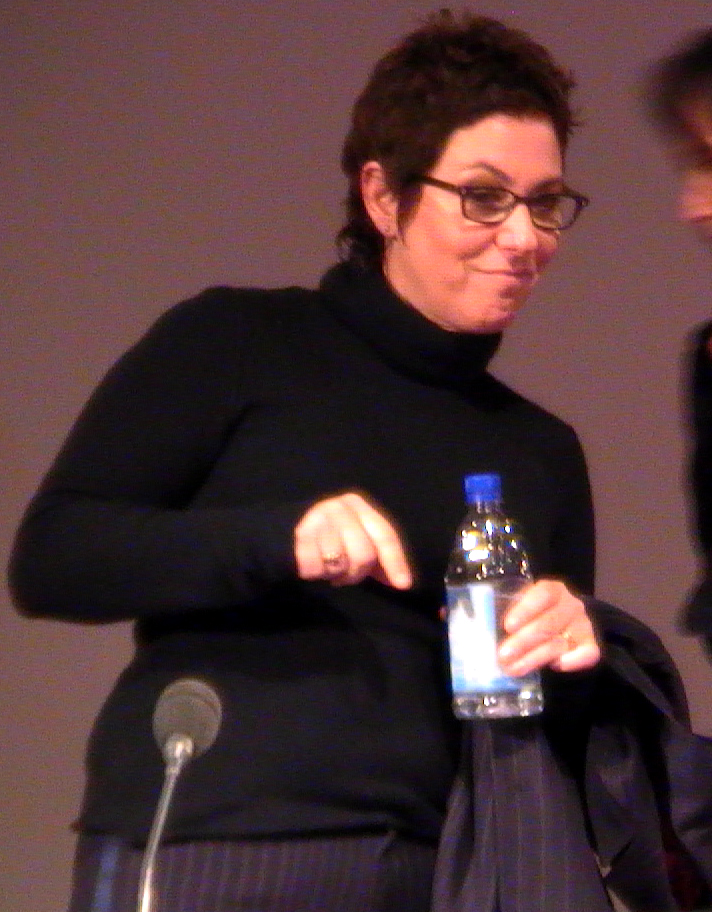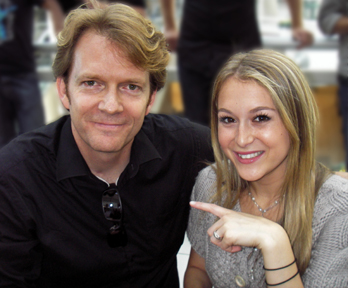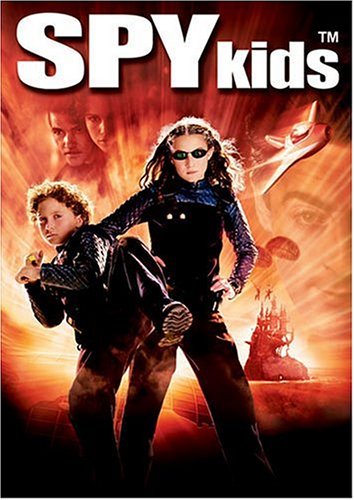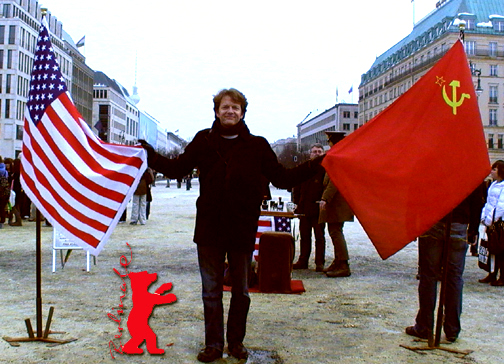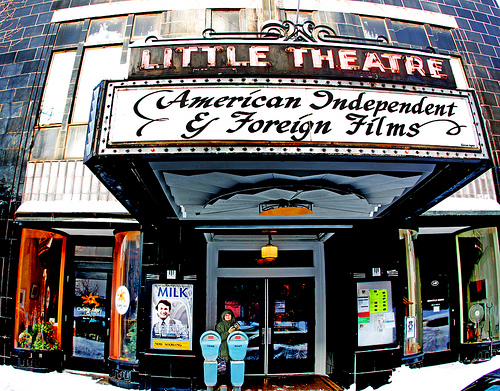The King’s Speech at BFI London Film Festival 2010

This year at the BFI London Film Festival, one of my favorite films was The King’s Speech. It’s the story of King George VI (Colin Firth) and his reluctant rise to become the King of England after his brother King Edward the VIII (Guy Pearce) abdicates the thrown to marry the twice divorced Wallis Simpson . It’s a great story of an unlikely and hesitant hero who suffers with a debilitating stammer.
Seeking the help of an unorthodox speech therapist, Lionel Logue (Geoffrey Rush) endeavors to help the then Prince of York with his ever increasing responsibilities of delivering live speeches over the radio. Colin Firth delivers an extremely convincing performance with stammers and pregnant pauses during his public and radio speeches that come across as genuinely painful to watch. His loving and supportive wife Elizabeth (Helena Bonham Carter) stands by his side with encouragement as the looming pressure of becoming King and the need to vocally address his people only exacerbate the stammering problem. The charming relationship of Lionel and Bertie (Lionel Longue and King George) is a fascinating development as Lionel insists upon a very familiar and equal relationship in order for his therapy to work.
The film poignantly points out the contrast of the overwhelming difficulty for the King of England to speak and the overpowering oration skills of Adolph Hitler and Benito Mussolini. In one scene the royal family is watching a news real of Hitler giving a very impassioned and dynamic speech as only Adolf Hitler could do, and the King’s daughter asks her father what he is saying. King George enviously replies, “I don’t know, but he seems to be saying it rather well.”

Director Tom Hooper & Writer David Seidler
Director Tom Hooper was at the BFI London Film Festival to talk about the film and mentioned that King George VI was writer David Seidler’s hero and inspiration as a child because he used to listen to the King on the radio during WWII reassuring himself that if the King of England could cope with a stammer so could he. Eventually Seidler set out to write about King George VI and found that Lionel Logue’s son had his diary but would not hand it over without permission from the palace. To his delight the Queen Mother replied giving him permission but asked if he would not release anything in her life time because the memory was still so painful. David Seidler kept his word and in 2005 began writing a screen play that turned into a stage play and finally back into a screen play. This was a truly delightful film to watch, supported by a powerful cast and for many people this film will be like an enjoyable course in English History for Dummies as the history and drama of King George’s brother abdicating the thrown and Adolf Hitler threatening to plunge Europe into a Second World War unfold in a very personal story of struggle.
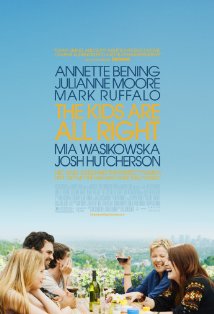
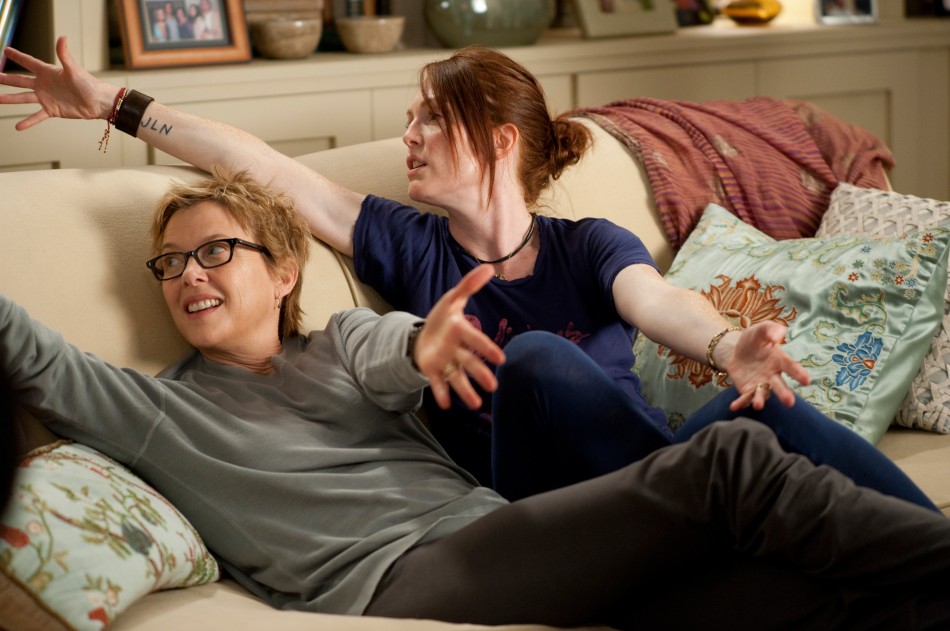 Finally a small budget of $4,000,000 was allocated and the time was right with Julianne Moore and Annette Benning’s schedule, so they quickly prepared a shooting schedule within a thirty day window. Director Lisa Cholodenko said that as shooting schedule plan sunk in she pulled her car over and called one of the producers in a bit of a break down complaining that it was going to be too difficult to shoot in such a short period of time. To which he simply said, you better figure out a way, do you know how many people out there would kill for the opportunity to have $4,000,000 to make a film?
Finally a small budget of $4,000,000 was allocated and the time was right with Julianne Moore and Annette Benning’s schedule, so they quickly prepared a shooting schedule within a thirty day window. Director Lisa Cholodenko said that as shooting schedule plan sunk in she pulled her car over and called one of the producers in a bit of a break down complaining that it was going to be too difficult to shoot in such a short period of time. To which he simply said, you better figure out a way, do you know how many people out there would kill for the opportunity to have $4,000,000 to make a film?